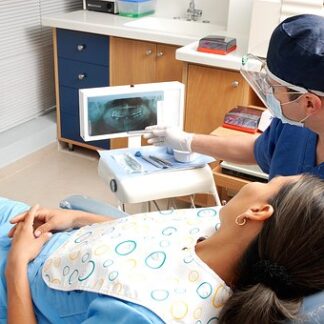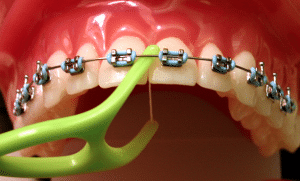Thanksgiving Tips for Healthy Teeth
Thanksgiving is fast approaching – which means delicious food, drinks, and desserts are on the horizon. While this holiday is notoriously known for expanding our waistlines and being a step backward in our health – it doesn’t have to be. You and your children can enjoy the holiday while still thinking about your overall health […]
Read More








